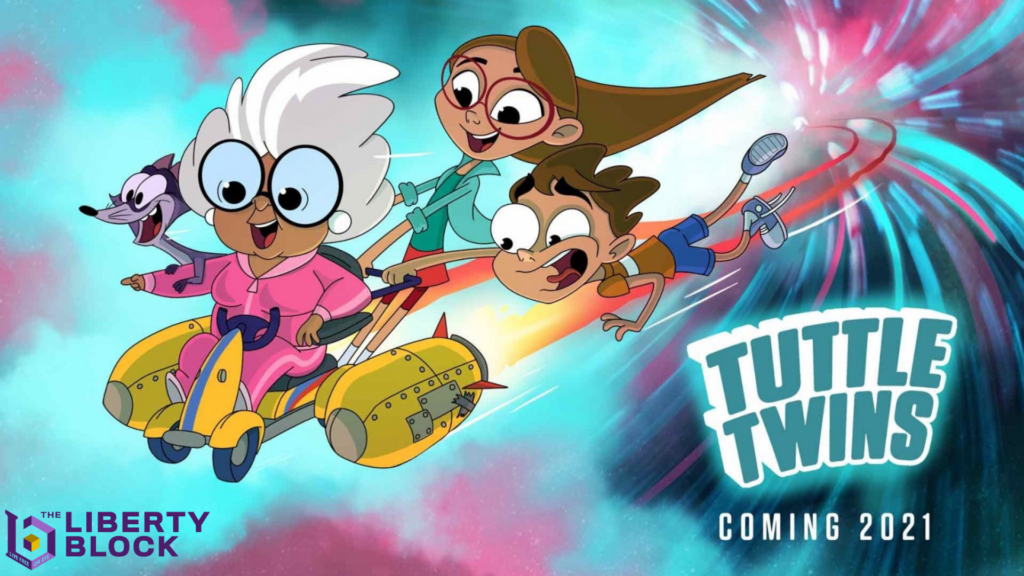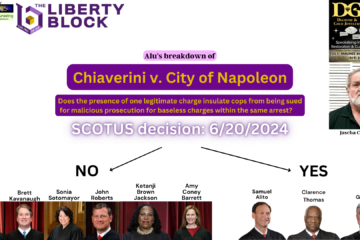I’d like to ask you to look back on your childhood memories and try to think of a show, movie, or book that was meant for children that you were shown or read to as a child. There has been a large swath of children’s media produced throughout the years, from Schoolhouse Rock and Barney to Paw Patrol and My Little Pony. While the shows are meant to be entertaining and possibly sell merchandise, children’s media has one other important role that is not often acknowledged unless analyzed under a microscope: Teaching children important values that may remain with them for their lifetime.
When I was a young child, my parents bought a series of children’s books, each of which taught a specific lesson. Kindness, Cooperation, Patience, etc… These books were read to me during a period of life when learning ethics and morals was especially important. I’m no unique case; all children should be taught lessons on how to positively impact the world around them. However, kid’s shows sometimes end up being created to support an agenda or propagandize children whose parents may not approve of the messaging presented by the producer.
In the case of libertarian parents, this presents a problem. Which shows and books present their pro-freedom values to their children in a way that a child will enjoy enough to actually consume it? Some shows like Paw Patrol can show the ability of people to voluntarily help others and the incompetence or even malevolence of State Agents. However, that’s only one example in mainstream media. FIn order to find libertarian lessons, you’ll need to look at libertarian creators. In doing so, I’ve come across a newly animated show that seeks to teach children lessons in a way that is also endearing and entertaining: The Tuttle Twins.

Tuttle Twins is an animated series based on a book series with the same name. It focuses on the titular twins Ethan and Emily as they are taught lessons by their Grandma Gabby and her pet raccoon Derek by using Gabby’s time-traveling electric scooter to meet various historical figures. Each episode follows a standard formula that while not the most innovative way to tell a story, works when the intent of the work is to educate and inform children. The twins are generally faced with a problem, such as a newfound law allowing the club president to steal all the lemonade from the twin’s lemonade stand. In response, Grandma Gabby takes them to meet a historical figure who helps navigate the dilemma. This portion is what may interest the parents the most, as it teaches their children (and sometimes the parents) about people from Frédéric Bastiat (author of The Law) to Annie Turnbo Malone (one of the first black women in the united states to become a multimillionaire).
The second half of the episode features the twins and their Grandma using what they learned to refill the time machine’s fuel source (knowledge), after which they return home and fix the problem that was presented at the beginning of the episode.
The writing resembles a show that seeks to be both entertaining to parents and children alike and for the most part adults can find humor in the writing. One specific joke about a welding acetylene torch got a good laugh out of me. Some of the humor is devoted to 4th wall breaks, jabs at communism (warranted) and some minor recurring gags, which sometimes do fall flat, at least in my opinion. There was one joke that I found curious, and I honestly don’t know what audience it was targeted at. In the first episode, the twins are in their room sulking after being robbed by the club president Karinne when the house begins to tremble, when asked by Emily what the sound was, Ethan responds by reminding her of his IBS. Is bodily humor meant for children? If so, I wonder how many kids know that IBS stands for ‘irritable bowel syndrome’. Maybe I’m a stiff, but I feel most adults wouldn’t be that entertained by a fart joke. But I admit that every individual has a different taste for humor. Overall, I think the writing is good and isn’t out to belittle the viewer, whether they are a child or adult.

What about the lessons themselves? Are these lessons that not only libertarians but people outside the sphere of liberty are able to look at positively? Mostly, yes. For libertarians who still believe in political action, this series teaches a lot of positive lessons about the nature of property, liberty, and free trade with encouragement to pursue political means to achieve freedom (petitions, legislation, convincing law enforcement to work to repeal bad laws, council meetings). For the non-libertarian, however, there are things to learn. The episode on ‘Blowback’ is a wholesome work that I believe the idea of Eye for an Eye being exclusively negative can be universal, even if one is not pro-market the show illustrates failures of protectionism and coercion and its harmful effects on the common individual. I however leverage a minor criticism as an Agorist, I understand why the show wants to encourage political action instead of Counter-Economics or working totally separately from the government system. Encouraging children to become black or gray-marketeers on a children’s show isn’t a popular idea, it’s safer to encourage children to attempt to repeal food truck laws instead of simply running a food stand out of the view or out of compliance of The State but it still leaves me wanting more with a chance for Agorism to have even a minor place in the spotlight.
The Tuttle Twins series has a lot of heart in it. It was funded via private investors with people at the helm who wanted to create something that shared their values. While I have leveraged criticisms against some aspects of the show, the message and work put into it are sound. If you’re a member of the liberty movement or not, If you’re a parent or not, I recommend you at least watch the first episode which at the time of this writing along with 4 more episodes are available on Youtube. Maybe You’ll Learn something you didn’t previously know yourself. I know I did.
Disclosure: The Tuttle Twins has been an affiliate of The Liberty Block since 2017.



1 Comment
Domenico · January 29, 2022 at 11:26 pm
Pretty clever shows – thanks for sharing!
Comments are closed.